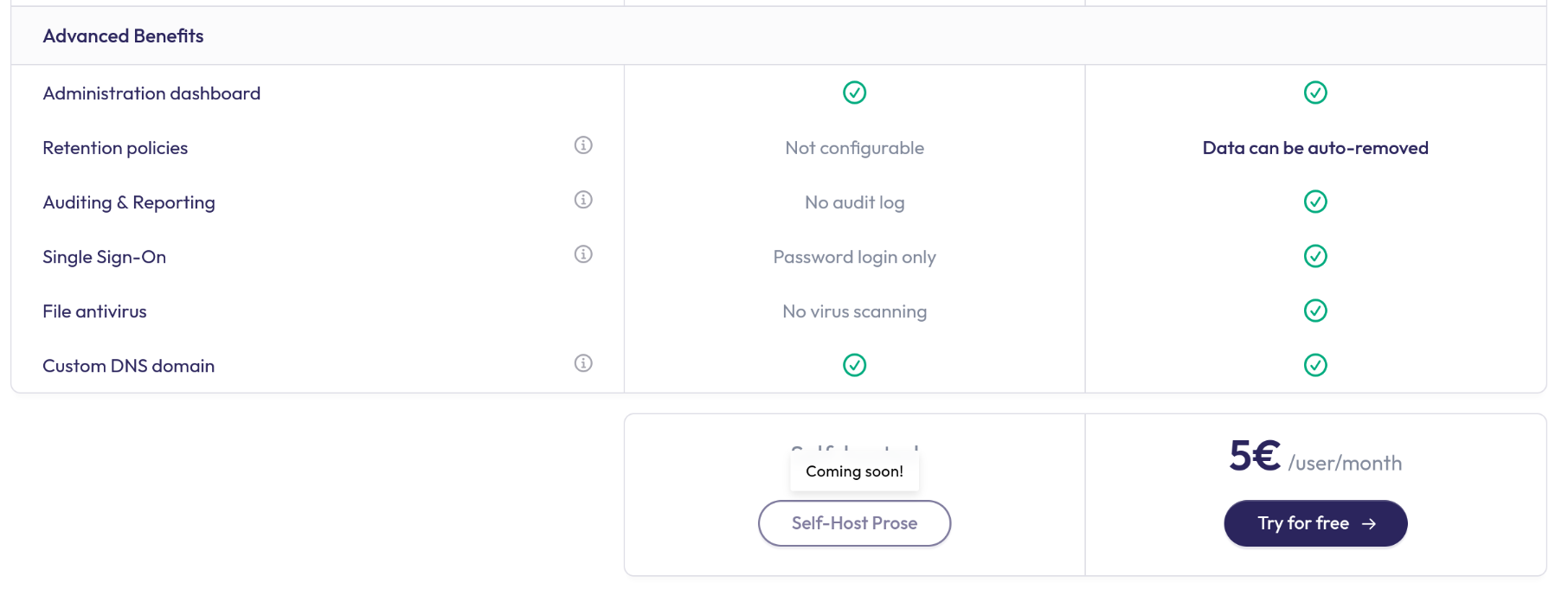

Those silicon valley tech billionaires are businessmen who, by the looks of it, have completely fallen for their own marketing, and secluded themselves in a weird echo chamber packed with sycophants and profiteers. They are not superior beings. They have no credential nor academic status enabling them to speak as authorities worth being listened to. Anyone with a critical mind and access to scientific literature understands better than them the actual challenges behind “uploading one’s brain to the cloud” and can debunk that science fictionesque bullshit.
All there is to this is a bunch of aging megalomaniacs with too much power, except over death, and that scares the crap out of them and makes them say some stupid shit. And I hate that we sanewash this just because they are rich and influential. As a society we should kick them back to where they belong, which is a court of law, for their continued effort in dismantling our society.





It appears as a tooltip
Anyhow, where I intended to draw your intention was on https://prose.org/downloads
You can just download the client for your platform (assuming one is available), or use the web one (otherwise), or just build one from the sources I linked (which is what I do), and login with your usual XMPP account. Would you need an account and have to decide which provider to register with, this would come handy: https://providers.xmpp.net/
In this set-up, prose.org isn’t hosting your account and will of course let you interact with thousands of users or more, like any other XMPP client.